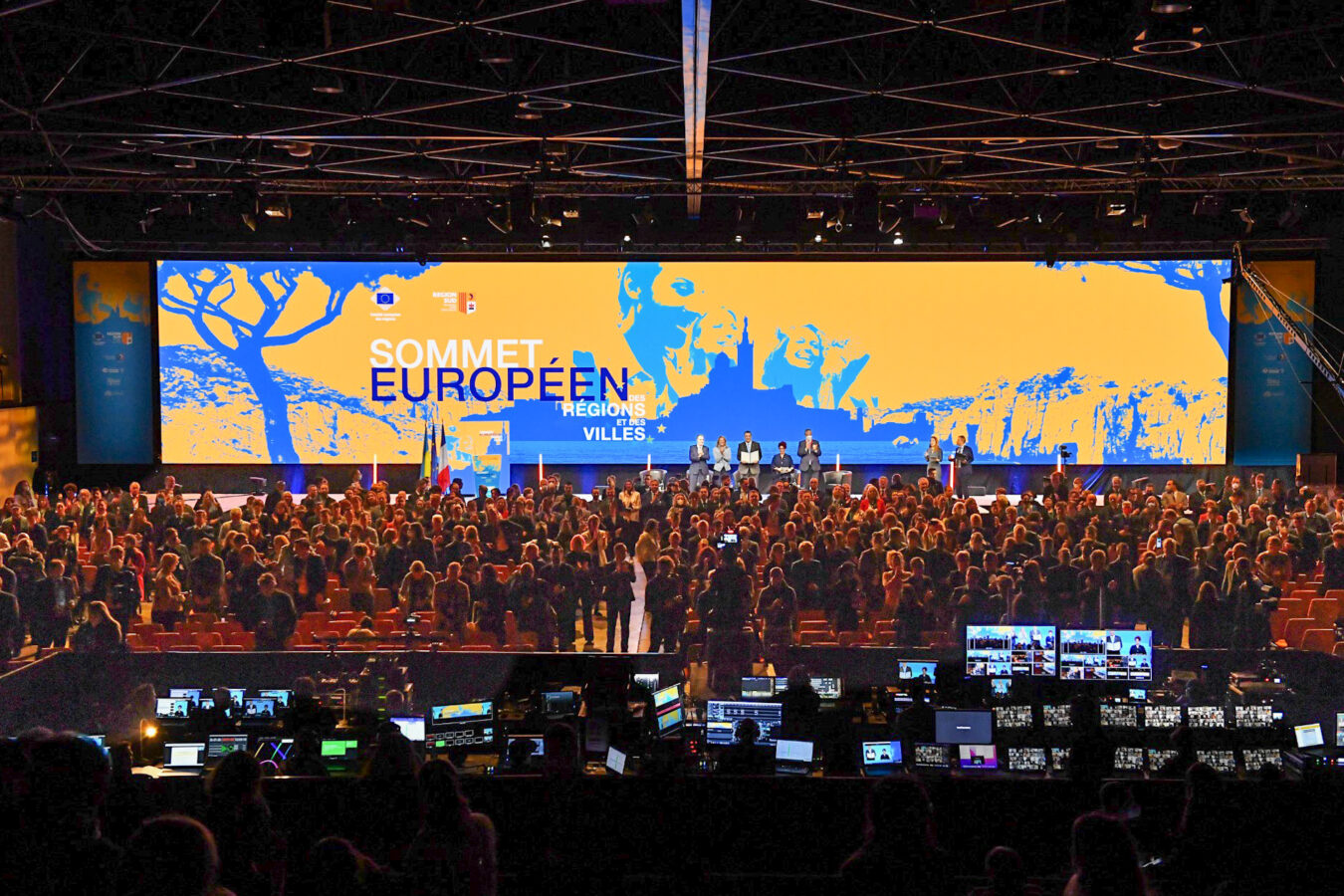As the Conference on the Future of Europe comes to end, we must build on what the EU has achieved – peace, protection of fundamental values and solidarity. We must also understand how to overcome EU’s weaknesses and realise that working with and in all territories, placing cohesion as a compass of all EU policies and bringing Europe closer to its people is vital.
The pandemic, and now the humanitarian response to the war in Ukraine, has illustrated that during times of crisis, the EU depends – heavily – on its regions, cities and villages. Mayors, regional presidents and local leaders have been on the frontline throughout the pandemic, saving people’s lives and jobs. They continue to provide quality public services, whilst welcoming, assisting and protecting millions of Ukrainian refugees.
It is regional and local authorities who deliver 70% of all EU policies and programmes and are responsible for one third of public spending and half of public investment. The 1.2 million local and regional leaders are making Europe happen every day in our regions, cities and villages. They are the connection between the EU’s main institutions, and the people.
Last year, our Committee published its annual Regional and Local Barometer and found that 86% of people think that strengthening subnational government in EU decision making would improve EU democracy. The EU’s regions and cities are its democratic foundations and only through a bottom-up and a values-based approach, Europe can re-build citizens’ trust.
We must also remember that cohesion is more than money: it is the very essence of our Union. It is the most concrete instrument of solidarity that puts the EU at work for those who need help, to address emergencies and boost structural change. Fast-tracking EU structural funds during the pandemic allowed regional and local leaders to better protect citizens and local economies. Now, with our support, cohesion funds are being fast-tracked to allow regions, cities and villages to better welcome Ukraine refugees.
This bottom-up approach cannot be limited to cohesion policy. We need a more inclusive governance for all recovery investment instruments, for innovation, research and agriculture. Cohesion policy cannot be left alone to answer diverse local needs and to coordinate EU, national, regional and local actors on shared goals. All EU decisions must be based on a proper assessment of territorial implications and implemented with the appropriate engagement of regional and local actors.
During our European Summit of Regions and Cities, co-organised with Renaud Muselier, President of Région Provence-Alpes-Côte d’Azur, and which gathered 3,000 politicians in March 2022 in Marseille, this message was made clear. We need better, not less, EU regulation that improves daily lives.
This is why, in our Marseille Manifesto, we call for our regions and municipalities to be gradually upgraded – through the European Committee of the Regions – beyond the current consultative function towards a binding role in a limited number of policy areas with a clear territorial dimension.
As President Macron said in his inspiring speech held in our plenary, “regions and cities are the beating heart of Europe”. A renewed stronger Europe, that, tackles the climate emergency, accelerates the green and digital transitions, needs to better empower its regions, cities and villages. By forging Europe’s future bottom–up, investing in subsidiarity, cohesion and resilience, taking decisions closer to the people, we can make it happen.
 |
 |


